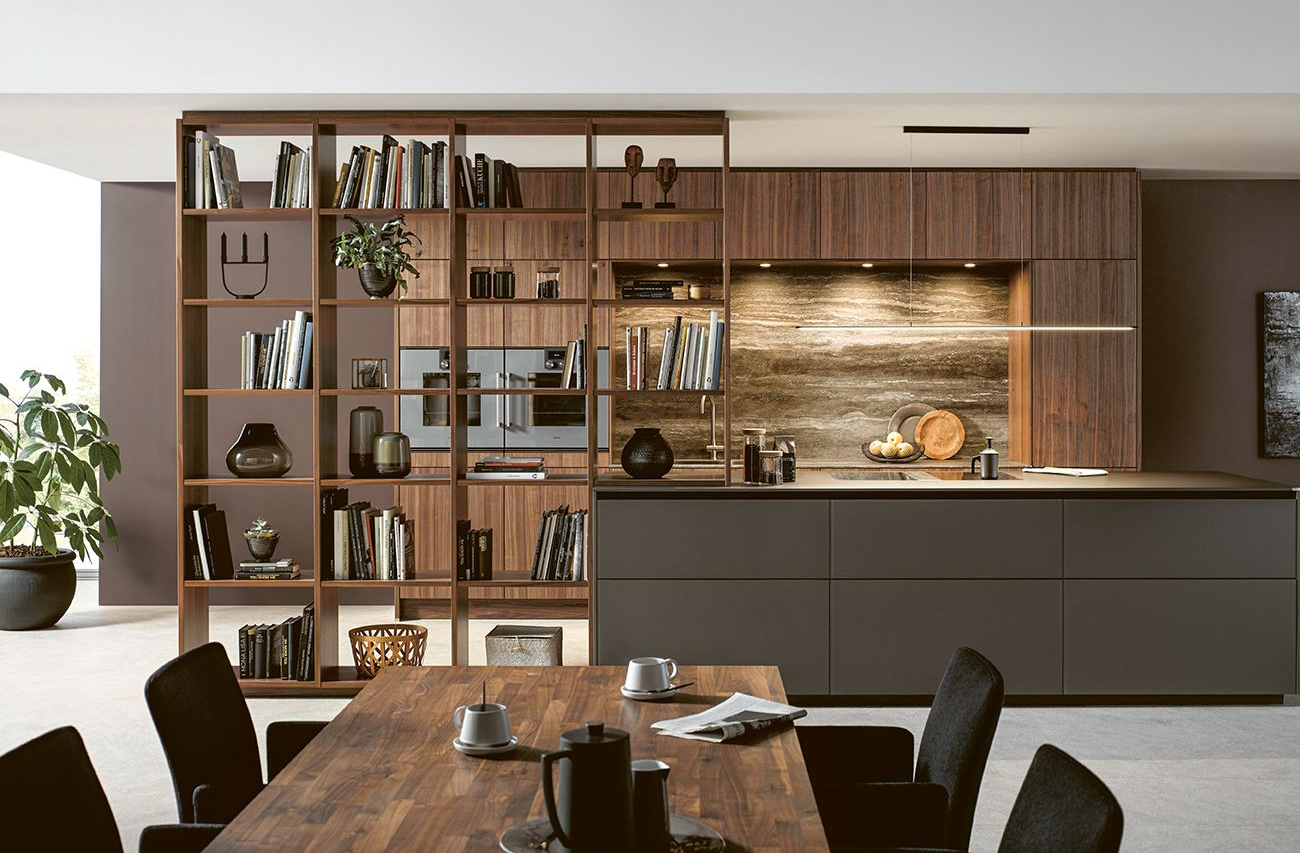
Luxury Redefined: Evaluating the Impact of Innovation
Innovation has long been the driving force behind progress in every industry, and the world of luxury is no exception. The fusion of tradition and technology in the realm of opulence has given rise to a wave of transformation, reshaping not only the products themselves but also the way consumers perceive and interact with luxury brands.
The most evident effect of innovation in luxury is the redefinition of craftsmanship. Traditional artisanal techniques, often passed down through generations, are now enhanced by cutting-edge technologies. This harmonious blend elevates the quality and precision of luxury goods, ensuring that every piece is a masterpiece. Whether it’s haute couture fashion, exquisite jewelry, or handcrafted watches, innovation has propelled luxury craftsmanship to new heights, setting a higher standard of excellence.
Beyond the product, innovation has revolutionized the luxury shopping experience. Virtual showrooms and augmented reality apps allow customers to explore collections from the comfort of their homes. Artificial intelligence-driven personalization ensures that every luxury purchase is tailored to individual tastes. The result is a seamless, immersive, and highly personalized shopping journey that caters to the desires of modern consumers.
Innovation has also ushered in a new era of sustainability in luxury. Luxury brands are increasingly adopting eco-friendly materials and practices, responding to the growing concern for the environment. From sustainable fashion lines to ethical sourcing of gemstones and precious metals, innovation is enabling luxury to coexist with conscientious consumption.
Furthermore, innovation has opened doors to new levels of exclusivity and customization. 3D printing and bespoke services allow customers to co-create their luxury items, giving them a sense of ownership and individuality that was once unimaginable. This shift towards customization not only caters to the desires of discerning clients but also enhances brand loyalty and longevity.
However, the evolution of luxury through innovation is not without its challenges. Luxury brands must carefully balance tradition and innovation to maintain their core identity while appealing to modern sensibilities. Moreover, the exclusivity that luxury once represented can be diluted in a world where technology



